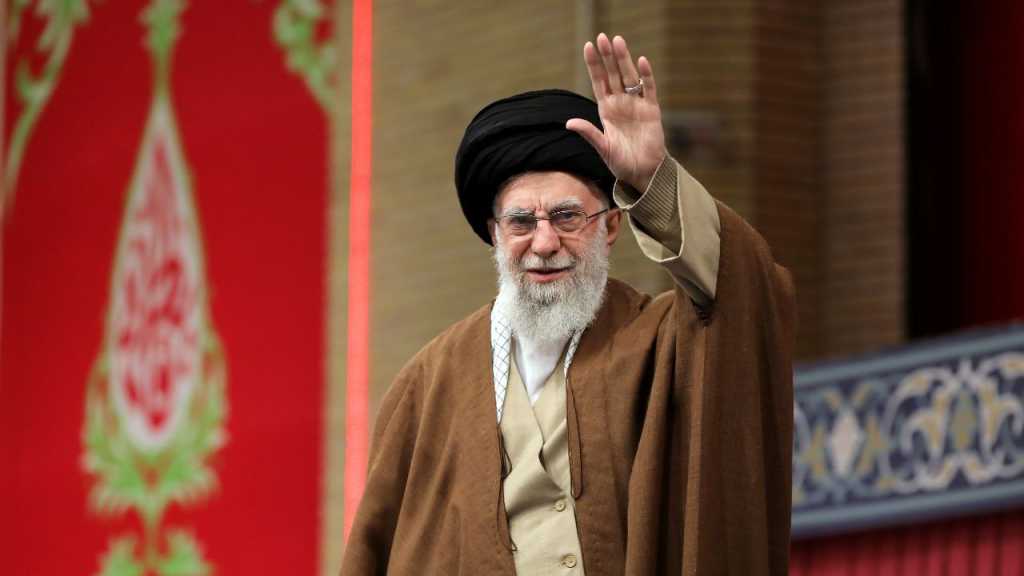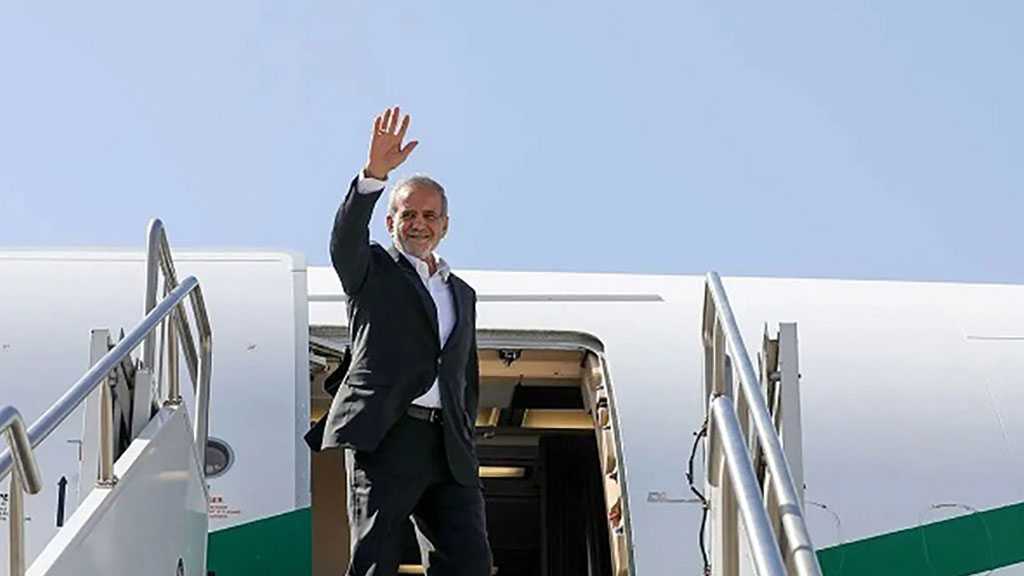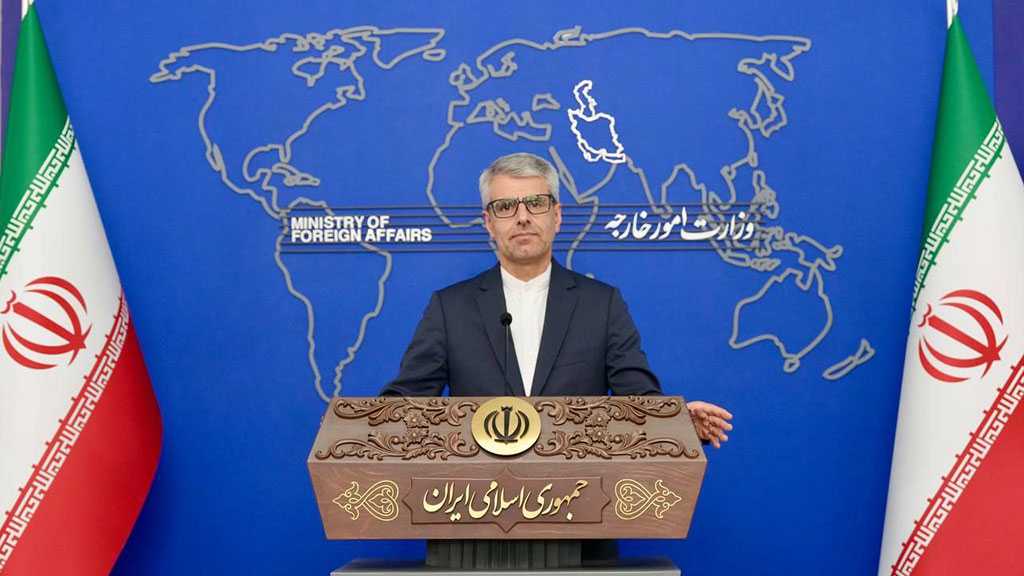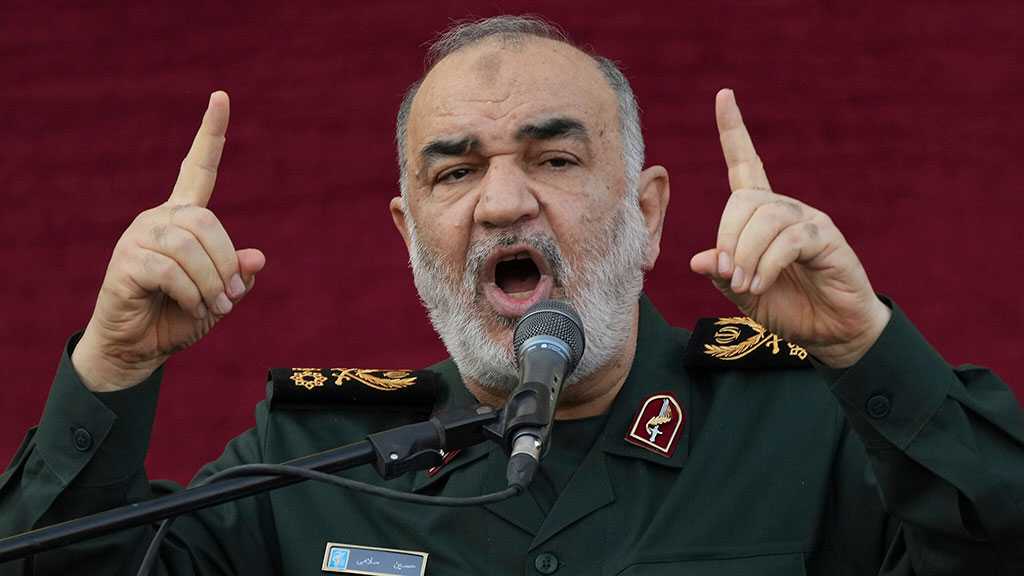
Iran Not to Allow JCPOA Talks to Feature Irrelevant Issues
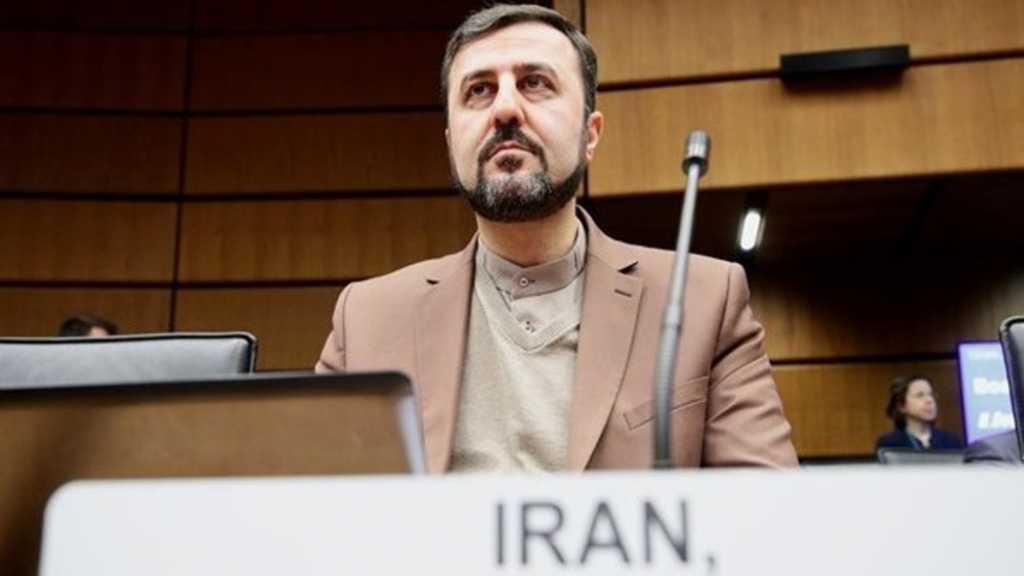
By Staff- Agencies
Iran’s permanent ambassador to Vienna-based international organizations, Kazem Gharibabadi, stressed that Tehran would resolutely stand by its assertion that neither the nuclear talks nor the nuclear deal are allowed to feature any irrelevant subject matters such as Iran’s defensive missile program or its regional influence.
Gharibabadi referred to the warning issued by the Leader of the Islamic Revolution His Eminence Imam Sayyed Ali Khamenei on Wednesday.
During the meeting, Imam Khamenei cited the administration’s experience of dealing with the West on the issue of the nuclear agreement as an important case in point that had clearly shown “trust in the West does not work and will not work [in the future either].”
He further noted to the outgoing officials how the Western side had been trying -- during the recent talks concerning the nuclear deal -- to set up a condition in the deal that would turn into an excuse for the West’s subsequent interference in Iran’s affairs.
Therefore, the Iranian side roundly rejected the proposal since this insistence “showed that they still consider the nuclear agreement to be a bridge enabling their interference in irrelevant issues such as Iran’s missile work and its regional affairs,” noted the diplomat.
In parallel, Gharibabadi wrote “The purpose they seek through this is to start addressing these [irrelevant] issues [on various occasions] and consider them to be indivisible parts of the nuclear deal, and [therefore] lay the groundwork for their interference in these areas.”
“Thus, wherever, the Western side stopped short of its goals, it would be able to start blaming Iran and begin trying to put it under more pressure,” he cautioned.
The official echoed the Imam Khamenei’s remarks during the Wednesday meeting that such insistence on the part of the Americans had come while they, themselves, had “refused to retrace even one step towards reversing their adversarial stance concerning Iran.”
Among many other things, the diplomat said, they conditioned the lifting of some of the sanctions and the removal of Iran’s Islamic Revolution Guards [IRG] from their so-called blacklist on Iran’s resigning itself to the provision.
“Neither did they agree to recognize an overdue end to an embargo on sales of conventional weapons to Iran, nor approve of lifting their bans on more than 500 Iranian natural and artificial persons,” the envoy also underscored.
Gharibabadi went on to delineate Iran’s counter-approach in the face of the West’s attempted inroads.
He said that during the whole time while the West had been either violating its commitments to the deal or trying to bring Iran under new pressure, the positions adopted by the country’s Islamic establishment and a law ratified by the Parliament mandating further remedial nuclear steps on the part of the Islamic Republic had, in turn, improved the country’s standing in the talks.
“Now, faced with the West’s new pressure tactics, the country would try, on the one hand, to guard its improved standing, and advance its interests on the other,” Gharibabadi added.
“No Iranian official or institution stands against achievement of a good deal that would bring about practical removal of the sanctions. However, given the past experience, one should tread more vigilantly and more perceptively,” Gharibabadi said in conclusion.
Comments
